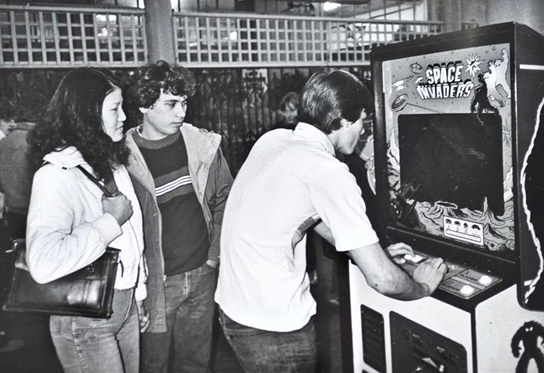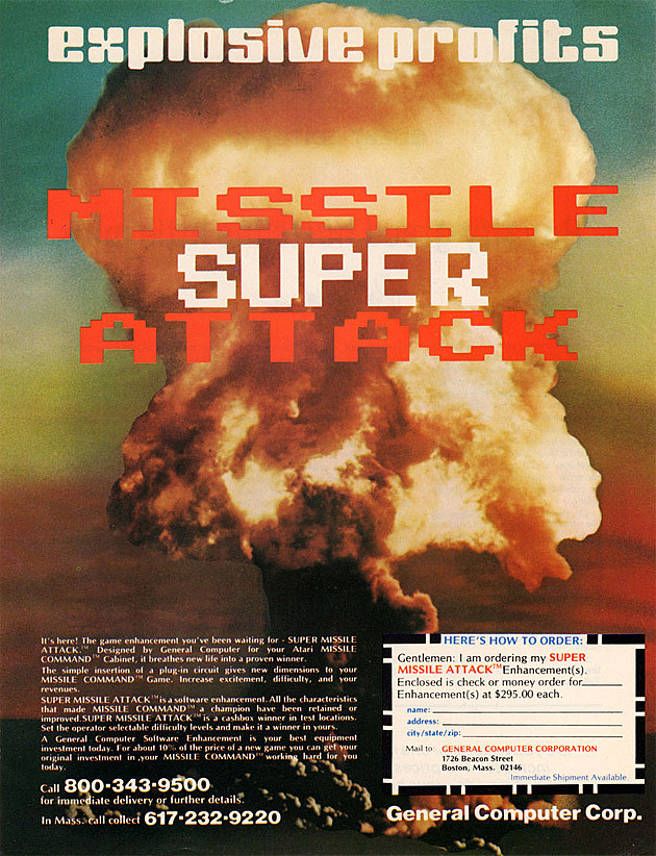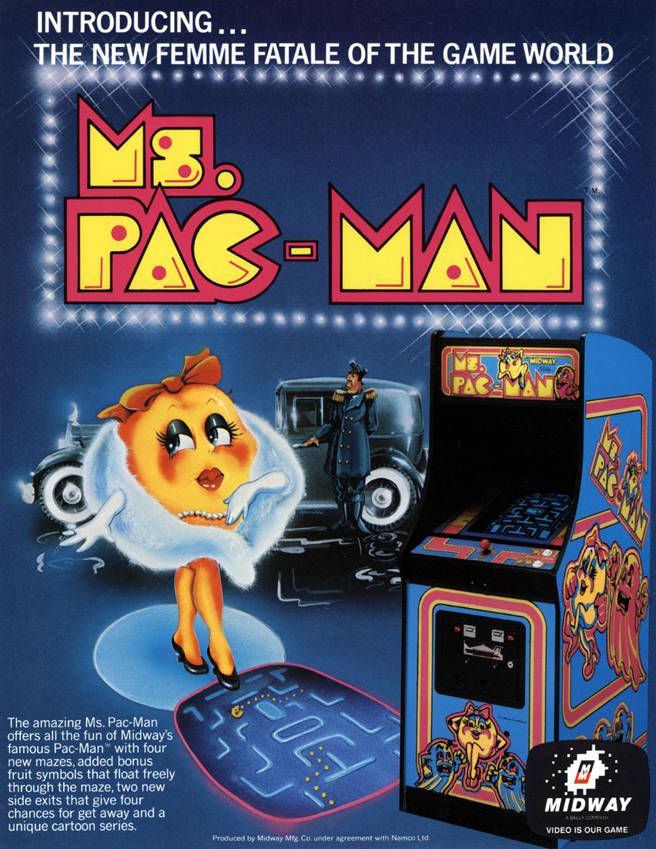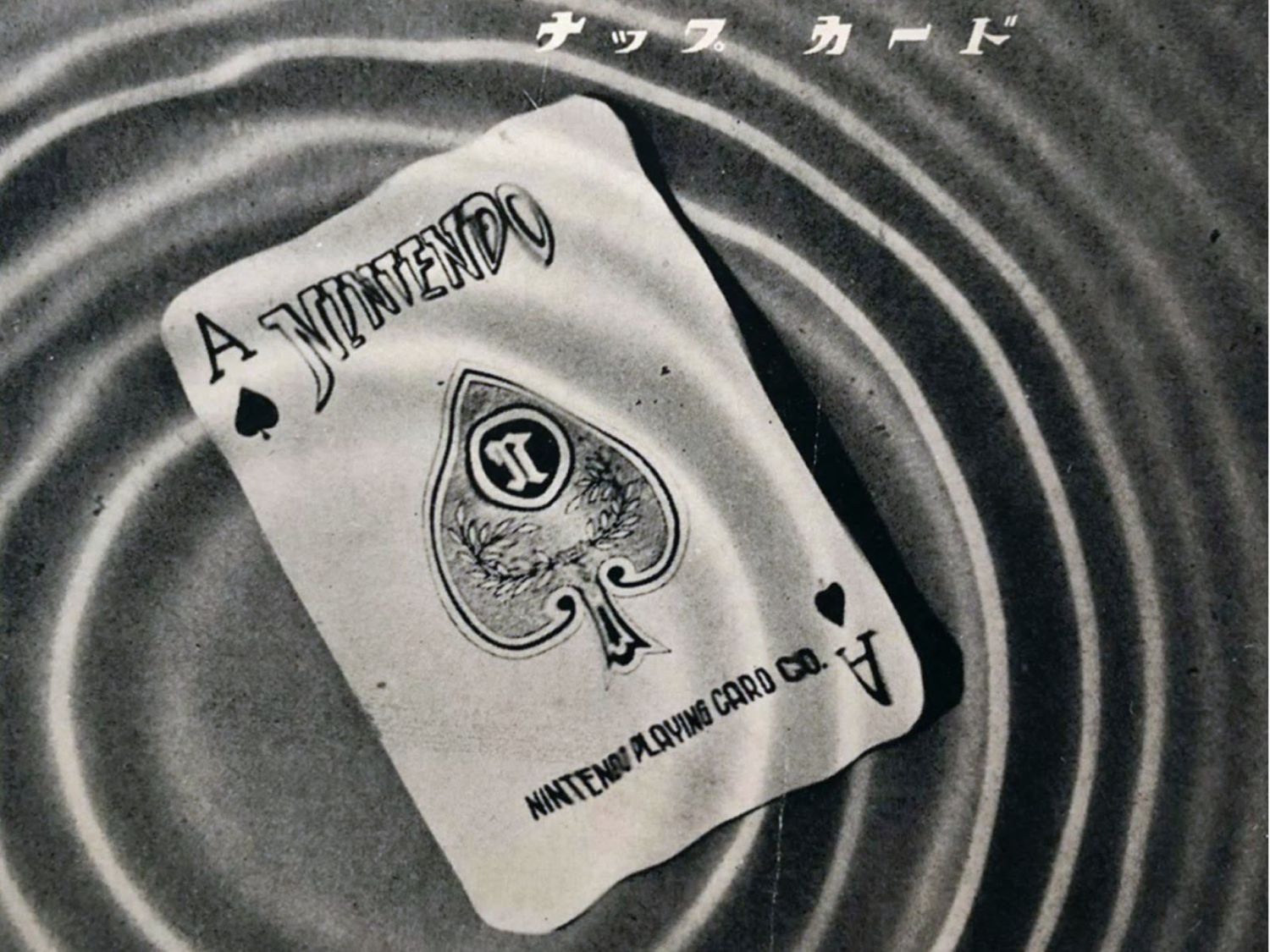
A classic tale of David and Goliath.
Steve Golson and his band of MIT dropouts made over $250k in three months by improving someone else's product.
The creators of Ms. Pac-Man started as a band of rebels making mod kits for arcade games that stopped selling.
It was the early 80s and the golden age of arcade gaming.
Missile Attack, a little game made by Atari was all the rage. Players lined up to try to beat the high score and defend their base by shooting lines and dots out of the sky.
Then it all stopped.
Players got so good they stopped showing up. The game got boring because it never changed.
It was crushing arcade owners' revenues.
A new hero emerges!
In came Steve Golson and a group of his friends from MIT.
They had created a small business out of upgrading arcade cabinets with mod kits. These mod kits essentially were hacked versions of the game that made them more difficult, more interesting, and — most importantly — more profitable because they gave players something they desperately wanted: a new challenge.
When requests for Missile Attack started coming in, Steve and his gang realized nothing had been built yet.
So they did what any group of smart MIT students would. They set out to build a mod themselves.
Adventure calls
With a $25,000 investment from one of the students' parents, they deconstructed Missile Attack and rebuilt the hardware and software as Super Missile Attack.

They took out ads in arcade trade papers, which got players asking arcades all over the country if they had the game. This naturally lead to sales for Steve and team.
In just a few months they were making over $250,000 MRR.
That is until Atari got wind of the scheme.
A classic tale of David and Goliah
Copyright law is a fickle beast.
It's usually in favor of publishers and original creators, but there are instances like the First Sale Doctrine that give purchasers certain rights to modify and resell consumable works. Read three different articles on the topic and you'll come to three different conclusions on what's permissable.
Atari took General Computer Corporation to court claiming that they were infringing copyright. But GCC was always one step ahead of Atari, responding to their demands and constantly appeasing the judge in the case.
Atari was getting nowhere fast with the lawsuit, and was probably upsetting arcade owners along the way.
So they cut a deal with Steve and the rest of the team.
"Work for us, make $50k/month for two years, then we all walk away happy."
The birth of a new classic
GCC was already working on a new mod kit called Crazy Otto. It took Pac-Man, rewrote it's AI to be less predictable, and added lots of new maps and challenges.
Before it was common knowledge that GCC settled with Atari, the industry was nervously thinking Atari was going to lose this settlement. That could mean big things for developers, their rights, and their profits.

So Steve leveraged his position and reached out to Midway, the distributor of Pac-Man.
Midway agreed to buy the kit and remarketed it as Ms. Pac-Man since the original game was popular with women.
The hero evolves
After GCC was released from the clutches of Atari, they went back to doing what they did best. They responded to market demands. After all, a company that innovates, endures.
It was 1984 and at the time the first PCs were becoming available. So GCC began making printers and upgrade kits for Macintosh computers.
But GCC's legacy lives on. Modding games to improve player experience still happens and historically game companies have cut big deals with the makers of these mods.
— Mike Doane
P.S. Don't walk away empty-handed
Above the Fold is a newsletter about the power of marketing. Every week I send stories just like these straight to your inbox.



